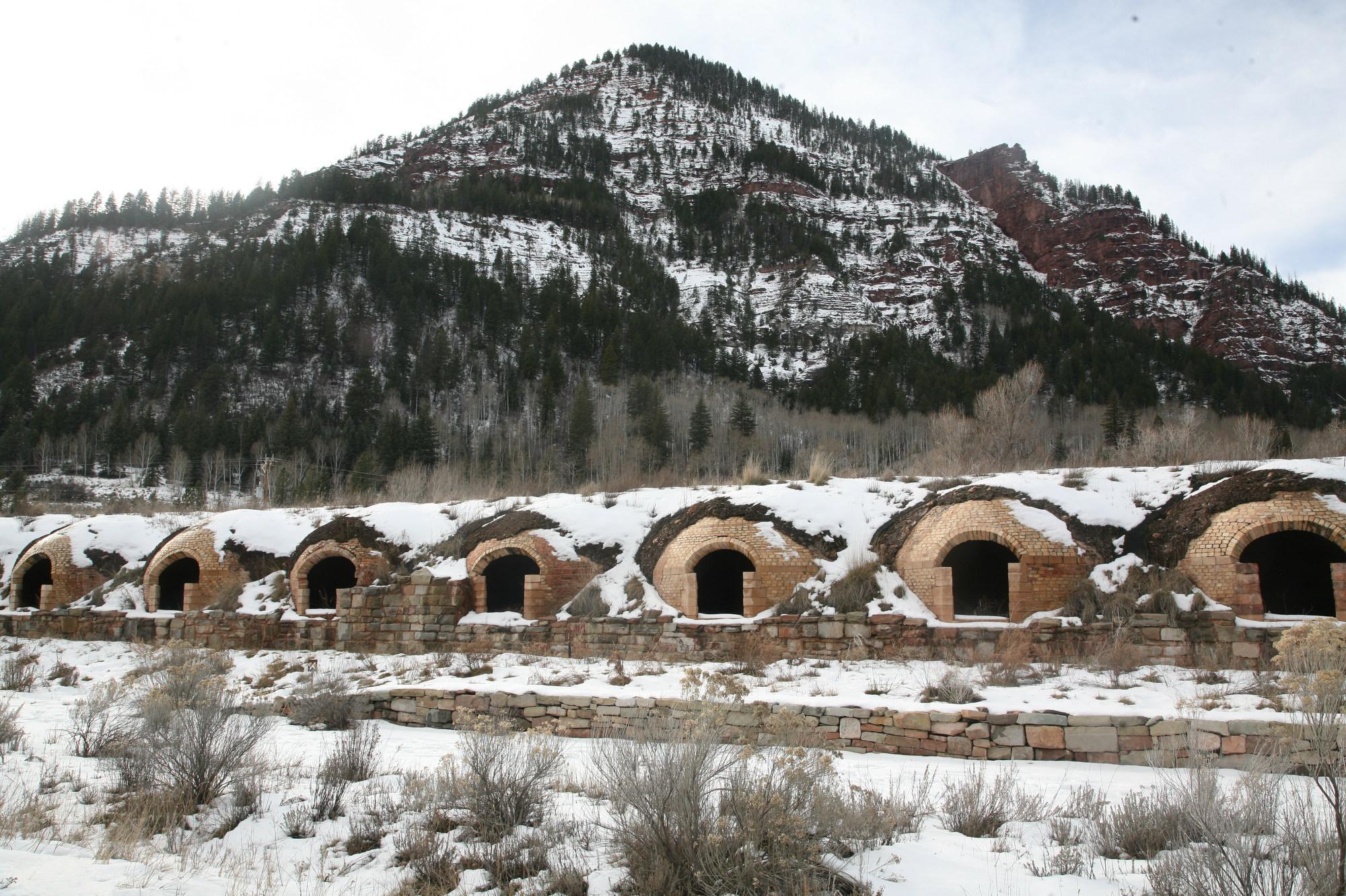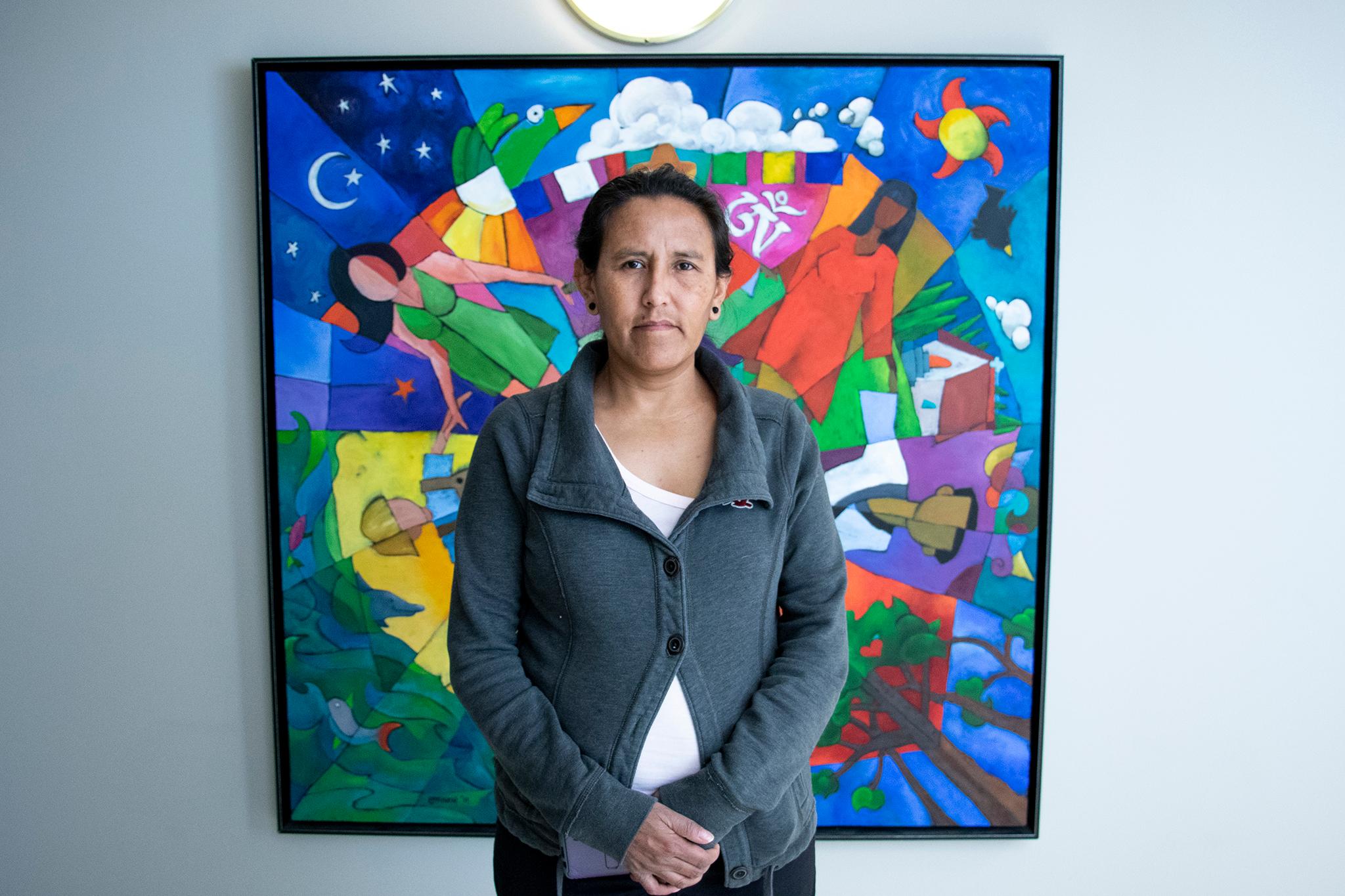Originally published on February 9, 2017 1:53 pm
President Trump’s battle with the media doesn’t show any signs of letting up. But, in Colorado, Republicans hope divisive rhetoric doesn’t impede their ability to get their message out. They’ve come up with something very un-Trump -- a model they say will improve their relationship with the media.
“We really want to be more open and inclusive,” said Senate Majority Leader Chris Holbert. He has started doing something old school -- something the president had been criticized for not doing enough of. He and the Senate president are holding weekly briefings with the press. That’s also something his predecessor in Colorado didn’t do. And the Senate GOP plans to hold its first ever off-the-record happy hour with reporters.
“This is an opportunity for freshman and senior Senators to get to know members of the press in a relaxed setting,” said Nourie Boraie the Senate press secretary.
Republicans in the House, who are in the minority, recently tried that idea.
“The national news a lot of times dominates news cycles, so when they read and hear examples of media bias that’s very natural for them to want to feel that it extends to the legislature, and the reporters they work with here,” said Joel Malecka, a spokesman for House Republicans. “I completely understand why they feel that way.”

For some lawmakers, this openness is new. Not all trust the media. For others, like Rep. Justin Everett a Littleton Republican, there have been some bad experiences. He said some media outlets have reported inaccurate or misleading stories about him. He chalks it up to laziness, the 24-hour news cycle, diminished resources, and what he sees as a leftist bias among some reporters.
“I think that’s what builds that mistrust amongst Republicans; that they think there is a liberal media bias,” he said. “Then when you see it in little things like that, it reinforces it.”
However Everett does feel that most local reporters are ethical and said he thinks better personal relationships lead to better stories. Republican Rep. Philip Covarrubias, a construction foreman from Brighton, believes the media asks too many gotcha questions. He also views the media as left leaning and blames Democrats.
“The left has put us in fear of saying anything because the first thing that happens is if you oppose the left’s policies, you’re a racist, homophobe, every kind of -ist or phobe that there is, purely because you don’t agree with their policies. They’ve been able to get away with that for decades,” said Covarrubias.
“On the Republican side we’re so worried about what’s going to be said about us, instead of being able to speak our truth about policy.”
Perhaps feeding the perceptions of bias are the feelings of Democrats. Many in the Democratic party enjoy a good working relationship with the media. Rep. Jevon Melton of Aurora said he doesn’t expect that to change and wondered if the GOP’s problem is its leaders.
“I don’t know if the Republicans have a problem with the media as much as it’s Trump has a problem with the media,” said Melton.

National coverage can also sting media relationships. For instance Sen. Jerry Sonnenberg a Republican from Sterling recently felt he was misquoted by The Washington Post. He marveled at how Trump is taking on the press.
“Finally someone has enough gall to say you know we’re not going to do this anymore. If you want to do this fake news stuff and try to spin stories and lead the public down a certain path, that’s wrong.”
Yet Colorado lawmakers also acknowledge the capitol can be a bubble. They admit at times they forget between television, newspapers, radio and the internet just how big the media’s audience is. Everett said members in his party don’t have enough leverage to follow Trump’s brash ways with the media.
“I don’t think are too many people who are in politics that have that type of sway. Trump has been in the public eye for 50 years so he knows to manage his media. For the rest of us that don’t have that kind of reach. I think I only have 1400 twitter followers, I can’t do that,” said Everett.
Capitol Coverage is a collaborative public policy reporting project, providing news and analysis to communities across Colorado for more than a decade. Fifteen public radio stations participate in Capitol Coverage from throughout Colorado.
Copyright 2017 KUNC-FM. To see more, visit KUNC-FM.









